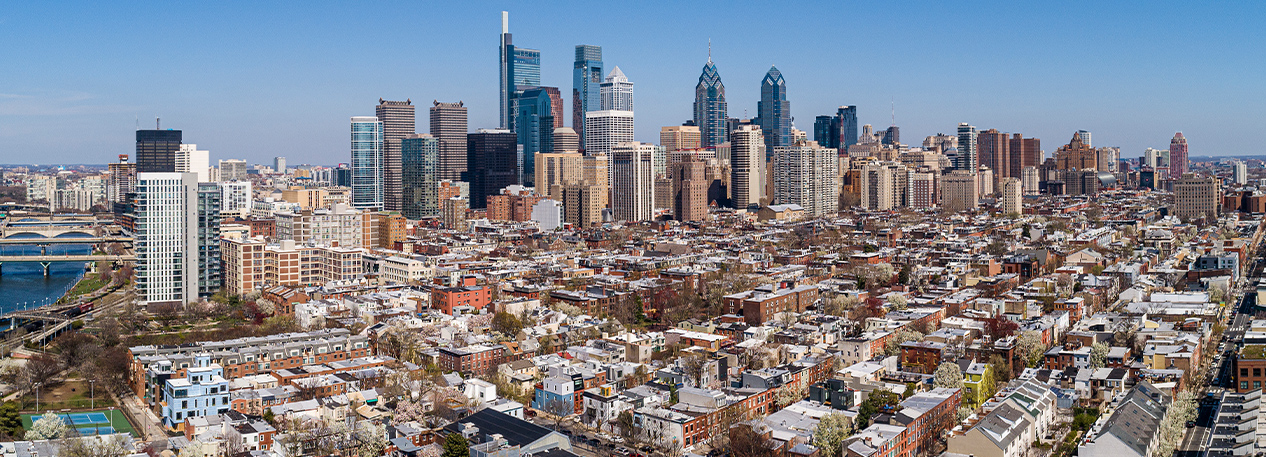Building wealth is essential for people and families to have a stable financial future. Yet research has shown significant disparities in how people of color access and accumulate wealth.
In this report, researchers and partners of the Equitable Wealth Initiative explore the question: How do Black Philadelphians experience structures that support or extract wealth? They share the experiences of 39 Philadelphians to illustrate how student debt, criminal legal debt, and access to mortgage refinancing options impact financial security and long-term wealth building. In the study, they point to three key findings:
- Experiences with student debt and mortgage refinancing varied widely. While education and homeownership are widely considered tools for building wealth, study participants said they could not count on these strategies to create wealth or stability for themselves and their families.
- The criminal justice system impacts both individual and family wealth. The effects of fines, fees, and lost wages due to incarceration have a significant impact on a family’s ability to resolve these debts and build wealth over time.
- Many participants have very limited resources to weather times of economic stress. A lack of diverse assets often meant that participants had to compromise their long-term financial health to cope with unexpected financial situations and, in some cases, take on additional debt to tap into their assets.
Additionally, many cited a lack of information and transparency in all three systems.
This report is part of the Equitable Wealth Initiative, a two-year project of the Federal Reserve Bank of Philadelphia and the United Way of Greater Philadelphia and Southern New Jersey, set out to examine wealth inequality — and more specifically the Black-White wealth gap in Philadelphia.
View the Full Report